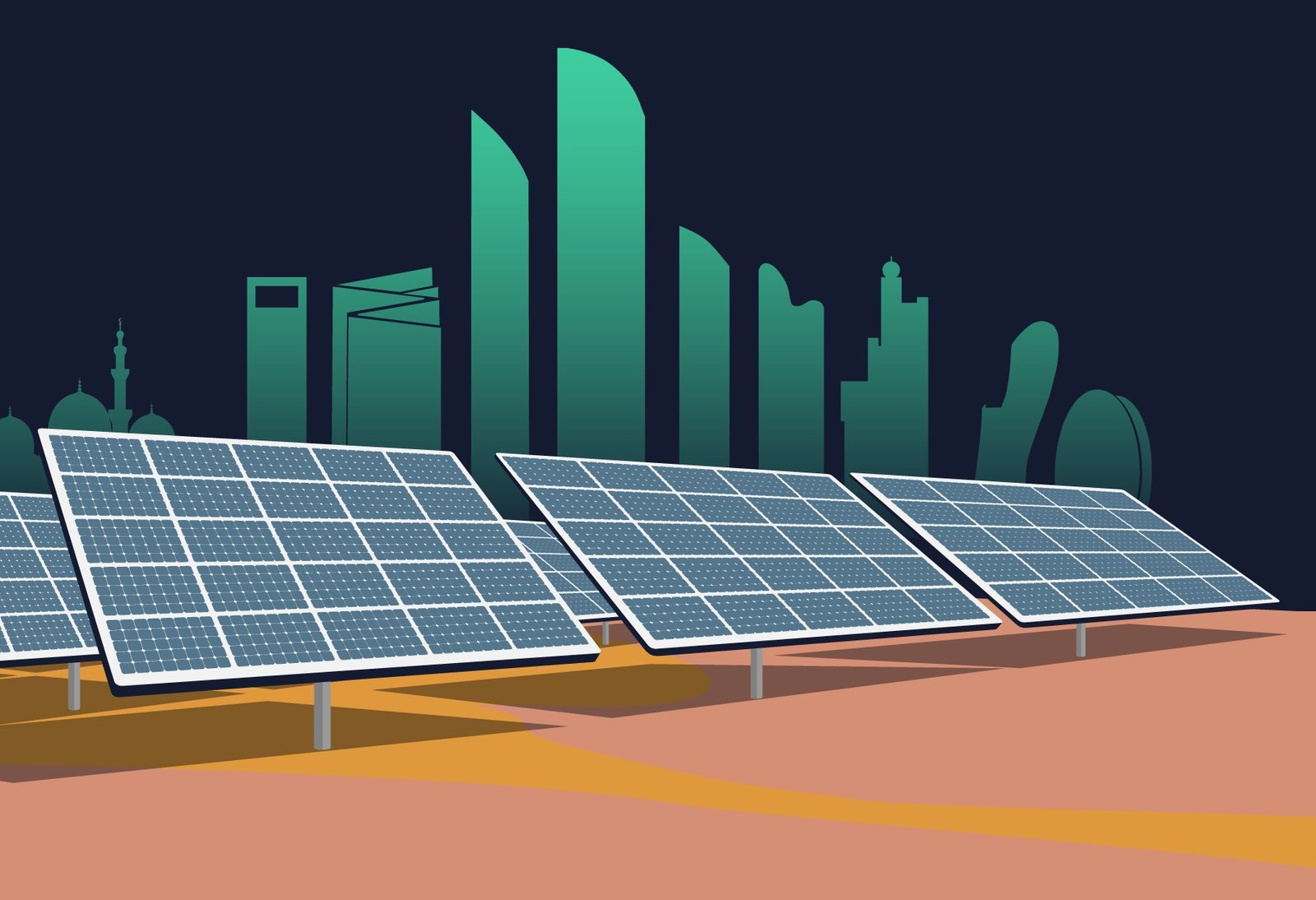The European Bank for Reconstruction and Development (EBRD) has approved a $28.25 million loan to Jordan’s National Electric Power Company (NEPCO) for a critical infrastructure project aimed at expanding grid capacity in northern Jordan.
The loan will fund part of NEPCO’s $35 million “Northern Green Electricity Transmission Project,” a vital initiative designed to enhance the country’s ability to accommodate current and future renewable energy projects.
The funding, announced on October 16, 2024, will enable NEPCO to strengthen its power transmission capabilities, allowing Jordan to further develop its renewable energy sector, which is a key component of the country’s strategy for sustainable growth and energy security.
The project is crucial for integrating renewable energy into Jordan’s national grid, ensuring efficient power flow and reducing transmission losses.
The “Northern Green Electricity Transmission Project” is an important step in addressing the increasing energy demands of Jordan, particularly in the northern region, which has become a hub for renewable energy projects.
NEPCO’s project will involve the construction of new high-voltage transmission lines and substations, reinforcing the grid’s ability to absorb energy from solar and wind power plants in the area.
The project will include the construction of four major transmission lines, linking a new 400-kilovolt (kV) substation in the Rahab district of Mafraq Governorate with two existing 400kV substations located in Samra in Zarqa Governorate and Western Amman.
Additionally, two 132kV substations will be established in the Al-Hassan Industrial Zone and Jerash to further enhance the network’s capacity.
“This project is a significant milestone for Jordan’s energy infrastructure, enhancing our ability to handle the increasing share of renewables in the energy mix,” said the EBRD in a statement. “It will not only improve grid reliability but also ensure that renewable energy projects in the northern region are efficiently integrated into the national electricity network.”
The project is expected to have a profound impact on Jordan’s energy sector by boosting the capacity of the national grid to accommodate more renewable energy projects, thus contributing to the country’s climate and sustainability goals.
The new infrastructure will improve dispatching flexibility, enabling NEPCO to manage the electricity supply more effectively and reduce transmission losses, which will ultimately help to lower carbon emissions.
According to the EBRD, this initiative is part of a broader effort to promote a green and inclusive transition within Jordan’s energy sector. The project received a high Environmental Transition Impact (ETI) score of 71, reflecting its potential to promote renewable energy use and strengthen Jordan’s energy security.
“The project will significantly reduce transmission losses, improve power flow, and contribute to further emission reductions in Jordan’s energy sector,” the EBRD stated in its statement. “Moreover, it will promote the development of human capital in the green energy field, including the introduction of new training programs for NEPCO’s Electrical Training Centre to enhance the digital skills and energy efficiency competencies of its workforce.”
Given the scale of the project, several environmental and social factors were considered before approval. The project has been categorised as a Category A undertaking under the EBRD’s Environmental and Social Policy (ESP), reflecting its potential environmental impact.
A comprehensive Environmental and Social Impact Assessment (ESIA) was conducted, including public consultations and engagement with key stakeholders.
The construction of the transmission lines will pass through private land, raising concerns about possible economic displacement. To address these issues, a Resettlement Framework (RF) has been prepared, ensuring that land acquisition and compensation processes are carried out in line with EBRD’s Performance Requirements.
Additional measures have been implemented to mitigate risks, including waste management and spill response strategies, traffic and noise management plans during construction, and monitoring of electromagnetic field exposure during the operation of the transmission lines.
In addition to its local benefits, the Northern Green Electricity Transmission Project will also facilitate Jordan’s efforts to interconnect its electricity network with neighboring countries. This will enhance energy security, provide greater flexibility in electricity dispatching, and promote regional energy market integration.
The EBRD has highlighted that the project aligns with its broader objectives of supporting sustainable infrastructure and encouraging the transition to low-carbon economies.
The loan is part of a series of sovereign-backed financings that NEPCO has secured to modernise its grid infrastructure, reflecting Jordan’s commitment to advancing its renewable energy goals.
The project is expected to be completed in stages over the next several years, with further investments planned to continue expanding the grid’s capacity across other regions of the country. This development marks a significant milestone in Jordan’s journey toward a more sustainable and resilient energy future.





